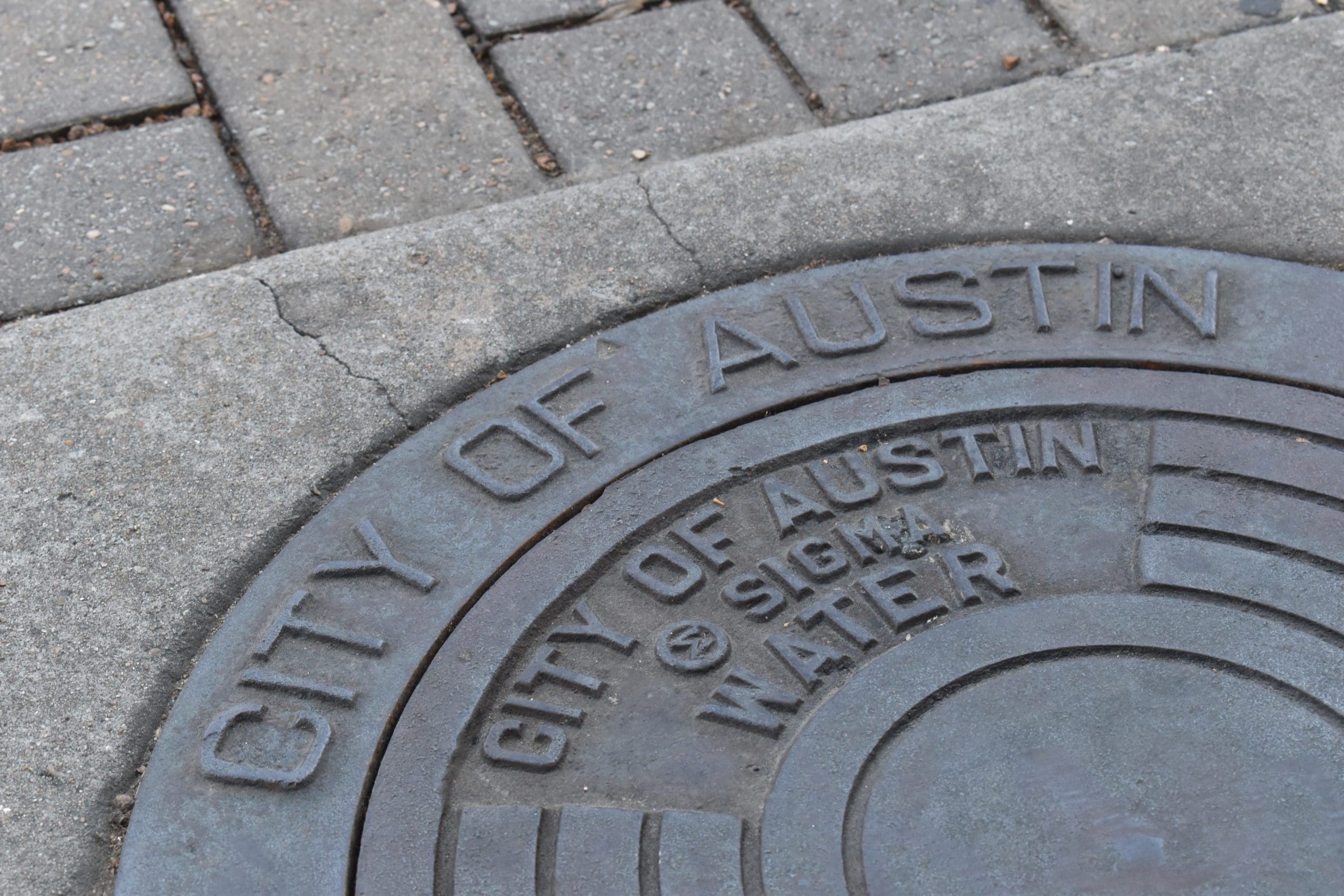According to published voting statistics, Randall County, Texas is a “red” (Trump red) county. This is not a place where one would expect negative remarks about the LGBTQ+ Agenda by a local school board trustee candidate during a privately sponsored candidate forum at his church to result in an extreme reaction. In this case, that reaction was an attempt by the local school board president at that time to eject that trustee from the Board and thus deny his voters the right to representation. And when the targeted trustee died in office, this now former president moved to fill the vacancy by appointment and not hold an election when an election was already set to take place in about 2 ½ months.
As someone raised in Randall County during the Cold War, my recollection is that the political designation “red” was connected to communism, a label which to Randall County residents at that time would have been more than unwelcome. Among the many horrendous practices I learned about communism was that government decision-making was in secret and rule by a select few was the norm. Given the historically out-spoken anti-communist teachings prevalent in Randall County then and its current conservative reputation, you would expect these practices never to be followed. Despite the alleged unerring predictable quality given to the current “red” political designation, the CISD (Canyon) Board of Trustees in Randall County, Texas have decided to do just that.
Paul Blake, a CISD Board Trustee died on July 14, 2023 after serving only 2 months of a 4-year term. Paul was a well-known businessman and popular in the community. Good faith estimates were that at least 1,000 people came to his funeral. He had received almost 6,000 votes in his second election victory despite the fact he ran unopposed. Because November 7, 2023 was an established and available election date, it seemed reasonable to assume the CISD Board of Trustees would call for an election to fill the vacant seat. In fact, the Board called for an election on a “tax” issue for that same date.
To the surprise of many in the community, a slim majority (3-2) of the CISD Board of Trustees (now a 6 member board, one abstained) voted to deny a motion to hold an election and chose to appoint a person to fill the trustee vacancy. Most knowledgeable Texans would argue that voting for policy makers and public office holders is our tradition established by law. Apparently, these trustees believed that they knew better than the voters who should be a trustee and simply wanted to appoint someone they preferred. The newly appointed trustee would not be subject to an election until May, 2025, providing their appointee with a distinct incumbency advantage. Upon reflection, this decision may not be so surprising, because Paul was not a favorite of the previous Board President, administration, or local media. In fact, the trustee who moved for appointment and against holding election had, as the previous Board President, orchestrated a public campaign to humiliate Paul into resigning. He, in concert with local media and what appeared to be progressive/woke groups, reacted in an extreme fashion and lashed out at Paul for remarks he made during the campaign about the “LGBTQ+ Agenda” in response to a question at a candidate forum in his church.
Fortunately, the effort to cause Paul to resign failed and resulted in a backlash in the community against the then president. The Board, under a new President, progressed from ignoring voters’ interest to outright suppression of any direct voter involvement. In addition to the purposeful and arrogant decision to prevent CISD voters from electing a Board member, the “anti-3 vote triumvirate” and at least two of the other Board members decided to interview the applicants for the trustee vacancy in a closed meeting. While Texas law requires a record of the closed meeting, it is not available to the public and can only be accessed by a district court order. Trustees or other participants in the meeting are subject to criminal penalties for informing the public about the required record. This is a most effective way to ensure government by secret meeting.
The Board’s action was the result of taking advantage of Texas law in a way probably never contemplated. In a trustee vacancy situation, the law clearly gives a school board the right to grant itself the power to hold an election or to appoint a trustee to fill a vacancy. By choosing appointments, the Board purposefully disregarded the most likely reason for the Texas Legislature authorizing an appointment to fill a vacancy. It was to address the situation where there is a small amount of time left in the vacated term and the next election will occur in a short period of time. This avoids holding 2 elections “back to back.” It is not appropriate, as in a case when over 90% of the term is left, and there is a previously established and known election date available in a few short months.
The Board found an additional anti-voter use of the law in the closed meeting exception to the Texas Open Meetings Act. This usually applies to personnel and employee matters and not trustee applicants. The Board also apparently overlooked the provision of the law which allows persons interviewed in a closed meeting to request a public hearing. Texas law allows those persons seeking appointment to request a public hearing even if the Board wants to have a closed meeting. Strangely, this option was never publicly discussed by the Board. Apparently, the need for secrecy was paramount.
Now, not only are CISD voters not able to vote, but they will never hear the views of the trustee applicants and especially of the one who is appointed to take Paul’s place before he or she4 takes office. This is in stark contrast to an election where voters would hear the candidate’s views and understand how the new trustee would perceive the importance of parental rights, the best interest of children as students, and proper use of tax dollars. The new trustee will never have to face the voters before taking office and making policies affecting the voters or be held accountable for what he or she said.
A reason for appointment and not election given by one trustee was as pretextual as it was shallow. She claimed this would open the process to everyone even those who could not financially afford to run. In other words, CISD voters are essentially disenfranchised, so that people who want to be a trustee can avoid raising money and facing the voters like other candidates for public office. No financial or other standard to determine a person’s inability to run for election was ever announced and is not found in the CISD trustee application form. Thus, the person who is appointed may have easily had the resources to run for office.
Furthermore, based upon this rationale, every office in Texas government should be filled by appointment, but this has never been the practice in CISD or anywhere else in Texas. Finally, it is telling that this appointment rationale applies to the position Paul Blake vacated and would, therefore, most directly affect his supporters’ right to vote. Denying CISD voters something as important as the right to vote should not be done for the “half-baked,” “feel good” reason advanced by the anti-vote trustees.
It is hard to imagine a more well-planned scheme to eliminate the influence of a group of voters perceived as holding undesirable views and simultaneously keep the public in the dark. The Board “anti-vote triumvirate’s” unreasonable decision to deny CISD voters the right to vote on the deceased trustee’s replacement appeared to be part of an effort by the majority of Board members and perhaps others to eliminate or at least marginalize Paul and his supporters. The Texas5 Legislature needs to take a hard look at the applicable law and make corrections to avoid this sort of abuse of democratic norms.
There are any number of aphorisms like “sunlight is the best disinfectant” and “democracy dies in the darkness” all which capture the wisdom that governing without allowing the public to vote and in secrecy is inevitably corrupt and leads to minority rule. As stated above my recollection was that “red” used to refer to a communist government where rule was by a few in secret and the many were expected to submit. It is interesting how political references change and even more interesting is the decline in the current predictive capacity of labels like “red” county. This decline is evidenced in this case. Given the actions of a majority of the CISD Board, calling Randall County, Texas a “red” county may have more to do with the past than the present.
This is a commentary published with the author’s permission. If you wish to submit a commentary to Texas Scorecard, please submit your article to submission@texasscorecard.com





